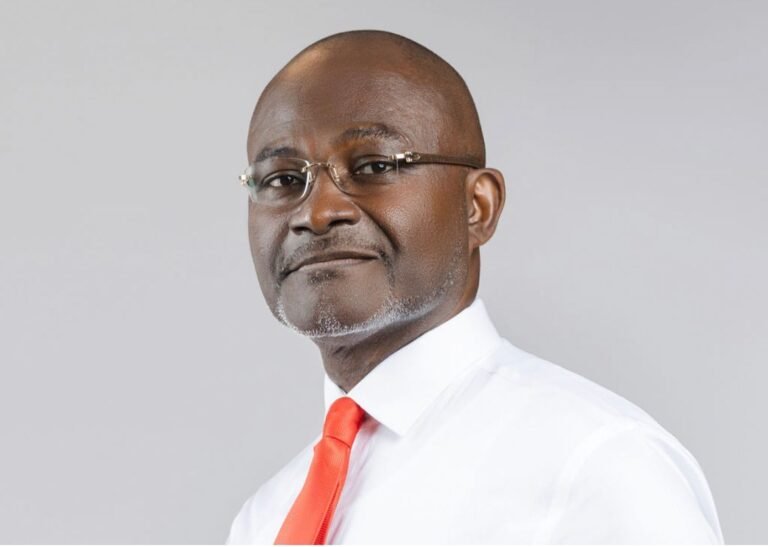
Ntim Fordjour
The Member of Parliament (MP) for Assin South, Rev John Ntim Fordjour, has charged the government to ensure that Science, Technology, Engineering and Mathematics (STEM) is incorporated well into the education policy of Ghana.
According to him, it is the fulcrum for growth and development, and what has brought the difference between developing and developed countries.
Mr Ntim Fordjour made the call in a statement issued on Sunday, March 14, 2021, to commemorate International Mathematics Day.
“The world today has become a technology-driven society. The status quo of complexities of global health challenges, environmental sustainability concerns, and the fact that commerce today is rapidly being driven by technology, would demand pragmatic integration of Science Technology Engineering and Mathematics (STEM) into the fabric of education policy. Undoubtedly, principal to addressing the gaps in technical and professional roles in key engineering and technology related sectors is STEM,” he said in the statement.
According to him, STEM is instrumental today and will certainly become the niche and direction in education for future generations.
He stressed that considering the fast spate with which the world is tilting towards technology, societies get better when they embrace STEM and prioritize the learning of Mathematics today.
Misconceptions
He noted that many misconceptions had been associated with the study of mathematics and is therefore a reserve of a few exceptionally brilliant people.
“Another myth relating to Maths is the school of thought that Mathematics is not meant for women. I have seen many females and a good number of males avoid Maths like a plague in the course of their study. Against all these myths, Maths is equally for females as it is for males. Over the years, I have come across smart females who are astute in Mathematics and demystify the study of Mathematics,” he said.
Mr Ntim Fordjour, a professionally trained and practicing engineer, said his experience over the years indicates that “Mathematics had been sine qua non and woven into the fabric of learning.”
He further called on Ghanaians to celebrate men and women of honour and repute “who have excelled in various facets of Mathematics and to recognize those in authority who continue to promote Mathematics, making it attractive for learning.”







